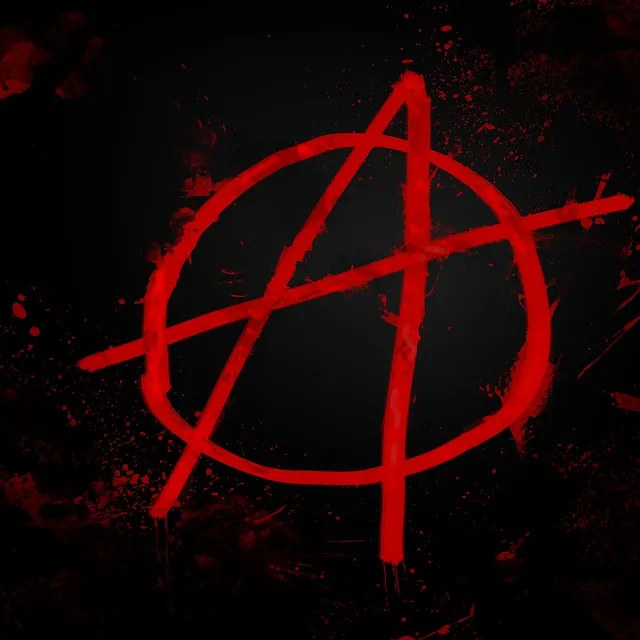
The hardest battle for the anarchist isn't against the police, the courts, the military, or any other aspect of government. It is the battle against bad ideas and misunderstandings. To most people, the term anarchy still means "violence and chaos," while government means "peace and order," despite the history of wars and police state abuse, or examples of voluntary peaceful cooperation in communes and markets alike.
As a case in point, there is a historical period of British history commonly called The Anarchy, and this problem of semantics struck me as I was listening to The History of English Podcast episode discussing that period. Does it not seem strange that a civil war between two would-be monarchs (rulers) resulting in rampant oppression and abuse of the general populace by feudal lords (rulers) would be called The Anarchy (no rulers)? The problem was not the absence, but rather a surfeit, of rulers. Despite the generally-discredited Great Man theory in history, the implicit assumption in most historical analyses is that a stronger strong man needs to control the other strong men in society in order to keep them in line and maintain law and order, neglecting the obvious problem that a single strong man is still arbitrary ruler usurping authority wholesale.
Of course, we are so much more enlightened nowadays. We have periodic elections to legitimize the political class instead of relying on the divine right of kings. We choose new figureheads whose campaign promises we like best despite knowing those promises will be broken. The wisdom of the masses who beg for empty political promises is so much more progressive! The political system runs on a perverse bureaucratic inertia that is highly resistant to meaningful change or the surrender of powers once they are usurped. The psychological effects of power always result in corruption even if good people with good intentions are elected, and never mind the economic calculation problem of political monopoly power and tax-funded bureaucracy or the Dunning-Kruger effect blinding those with such power to their ignorance and impotence. So remember, folks, anarchy is dangerous. Now obey the myriad byzantine laws your betters have imposed upon you, and denounce anyone who questions the status quo as a traitorous malcontent out to destroy society.
Wait, no, that's the opposite of a rational response to politics, history, and economics. Of course, this is not to deny a need for rules. True law is discovered through reason, not imposed by distant strangers in marble halls with strange ceremonies. No one has the authority to rule others, and trespass against others is always a crime regardless of badges, titles, or elections. That is what anarchy really means. No rulers. Voluntary association. Individual liberty. Decentralized services, including those traditionally ascribed to government. Is it not strange that those of us advocating this philosophy are accused of supporting feudalism, fascism, and wanton brutality?